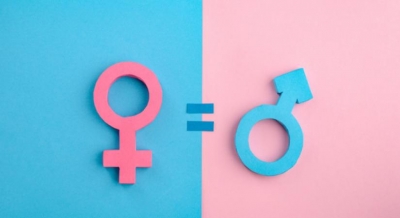74 years on, India's daughters gaining equality?
By IANS | Published: August 15, 2020 11:10 AM2020-08-15T11:10:42+5:302020-08-15T11:25:43+5:30
New Delhi, Aug 15 In a landmark judgement in the days leading upto India's 74th Independence Day, a ...

74 years on, India's daughters gaining equality?
New Delhi, Aug 15 In a landmark judgement in the days leading upto India's 74th Independence Day, a three-judge bench of the Supreme Court has ruled that daughters have an equal right to paternal property by birth, marking a historic moment for women's rights in India.
Welcoming the judgement, Sonam Chandwani, Managing Partner at KS Legal & Associates, said: "With gender equality and equity becoming a fundamental human right, the apex court took a meticulous look at Section 6 of the Hindu Succession Act. A society that remains largely patriarchal yet progressive in terms of changing societal dynamics is likely to embrace this judgment with open arms."
Explaining the judgement, she told life: "The decision grants equal coparcenery rights in HUF properties to daughters even if the father passed away before the 2005 amendment to the Hindu Succession Act, 1956. This... settled the ambiguity surrounding the nature and extent of a daughter's rights in an HUF property... A progressive judgment that places male and female heirs on an equal pedestal of succession breaks the stereotype of a subservient, dependant woman and takes a small stride towards a law that applies to males and females, equitably".
Saying that courts are now recognising the fact that women have always had a rough deal, senior advocate Priya Hingorani - who calls it a progressive judgement - shared that our laws have been retograde, but with judgements like this, women are being put at par and gender discrimination is being done away with. Asked if there is a trend towards women getting their share, she told life over the phone: "This is a trend, but it is slow and should have happened years ago. The mindset in our country is that when girls are married off, there's so much dowry given, it's thought they've got their share, so they should not have any rights in ancestral property. These kind of judgements show that if men are entitled to property, women are equally entitled to property."
Rishabh Shroff, Partner and Co-head - Private Client Practice at Cyril Amarchand Mangaldas
( With inputs from IANS )
Open in app